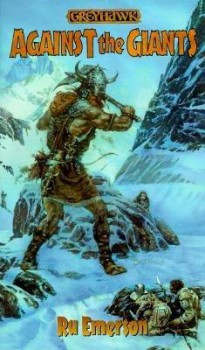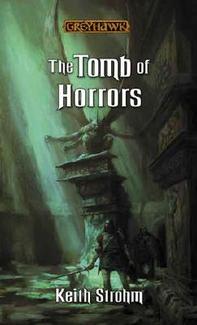Sara Douglass, June 2, 1957 — Sept 27, 2011
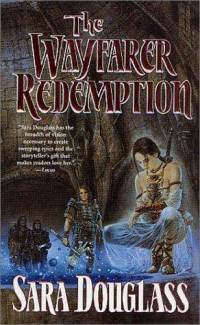 Sara Warneke, the Australian fantasy author who wrote under the name Sara Douglass, died of ovarian cancer on September 27, 2011, at the age of 54.
Sara Warneke, the Australian fantasy author who wrote under the name Sara Douglass, died of ovarian cancer on September 27, 2011, at the age of 54.
Sara wrote a total of 19 novels, beginning with the first book of what became The Axis Trilogy, BattleAxe, in 1995.
All told she wrote five major fantasy series: The Axis Trilogy, The Wayfarer Redemption, The Crucible, The Troy Game, and Darkglass Mountain.
Outside of Australia, The Axis Trilogy and The Wayfarer Redemption were combined into a single six-book series, called simply Wayfarer Redemption.
Sara also wrote Beyond the Hanging Wall (1996), Threshold (1997), The Devil’s Diadem (2011), and the non-fiction The Betrayal of Arthur. The Hall of Lost Footsteps, a collection of short stories, is due from Ticonderoga Publications this year.
Sara was born in Penola, South Australia, and attended Annesley College in Wayville. She became a registered nurse, and eventually completed her Ph.D. in early modern English History. She was a lecturer in medieval history at La Trobe University in Bendigo, where she completed her first novel, BattleAxe, in 1995.
Her Wikipedia entry, with a complete listing and links for her novels, is here.
She lived in Tasmania, and was first diagnosed with ovarian cancer in 2008. She underwent successful treatment that year, but the cancer returned in 2010.

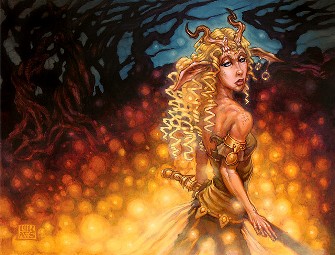

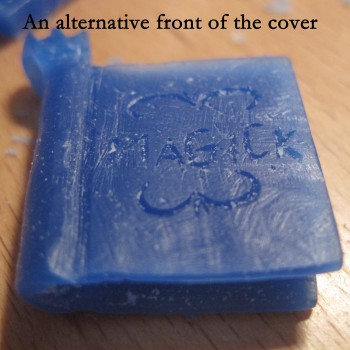 And now, months later, our collaboration is taking shape. I’ve produced three designs, a pendant that I released at the same time that Kat, Incorrigible hit bookstores, a pair of earrings that debuted at the launch party for the second book, A Tangle of Magicks (this will be released as Renegade Magic in the US next year), and a charm bracelet that just went on the market about an hour before I sat down to write this post. One might ask, how big is the market for book tie-in jewelry like this? I have no idea. Ask me in a year or two. What I can talk about, though, is how we started this venture.
And now, months later, our collaboration is taking shape. I’ve produced three designs, a pendant that I released at the same time that Kat, Incorrigible hit bookstores, a pair of earrings that debuted at the launch party for the second book, A Tangle of Magicks (this will be released as Renegade Magic in the US next year), and a charm bracelet that just went on the market about an hour before I sat down to write this post. One might ask, how big is the market for book tie-in jewelry like this? I have no idea. Ask me in a year or two. What I can talk about, though, is how we started this venture. 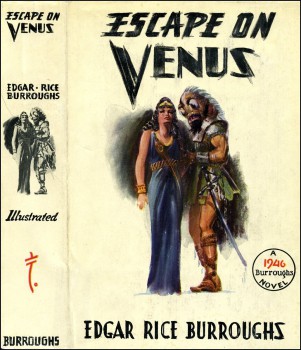 I love Edgar Rice Burroughs. His novels have had an enormous influence on me as a writer and as a pulp fan. But, I must admit, sometimes he wrote … this kind of thing….
I love Edgar Rice Burroughs. His novels have had an enormous influence on me as a writer and as a pulp fan. But, I must admit, sometimes he wrote … this kind of thing….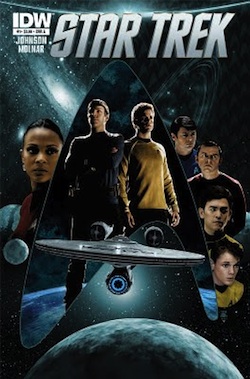
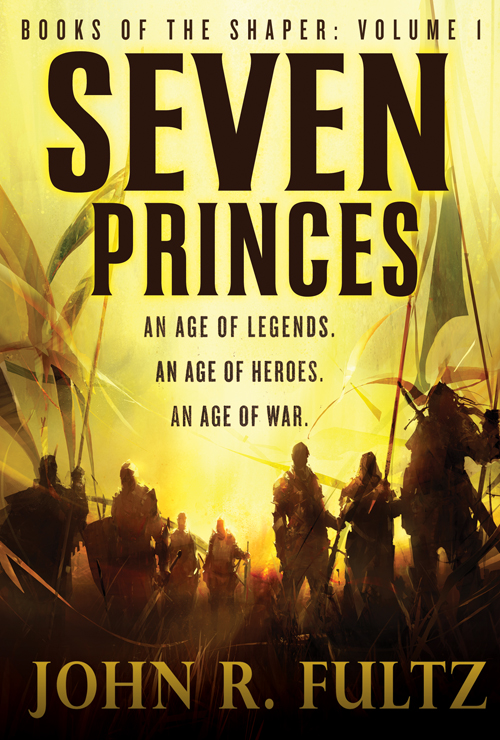 Orbit Books just did a cover launch for SEVEN PRINCES on their official site today:
Orbit Books just did a cover launch for SEVEN PRINCES on their official site today: 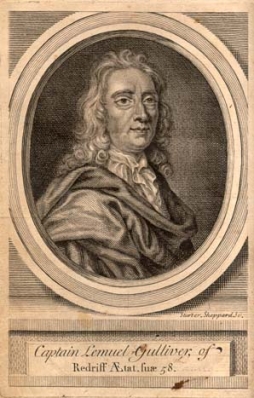 By way of beginning a discussion about Romanticism and fantasy, I’d like to take a quick look at where the Romantics came from. If Romanticism was a revolt against Reason, what was Reason understood to be? If Romanticism, as I feel, is essentially fantastic, is Reason opposed to fantasy? To know Romanticism is to know the Enlightenment which it was reacting against, so in this post I’ll try to describe some characteristics of the 18th-century Enlightenment in England that seem relevant to the development of fantasy. I’ll go up to about 1760, and then in my next post point out some of the counter-currents and proto-Romantic elements that were developing at the time and after.
By way of beginning a discussion about Romanticism and fantasy, I’d like to take a quick look at where the Romantics came from. If Romanticism was a revolt against Reason, what was Reason understood to be? If Romanticism, as I feel, is essentially fantastic, is Reason opposed to fantasy? To know Romanticism is to know the Enlightenment which it was reacting against, so in this post I’ll try to describe some characteristics of the 18th-century Enlightenment in England that seem relevant to the development of fantasy. I’ll go up to about 1760, and then in my next post point out some of the counter-currents and proto-Romantic elements that were developing at the time and after. 
